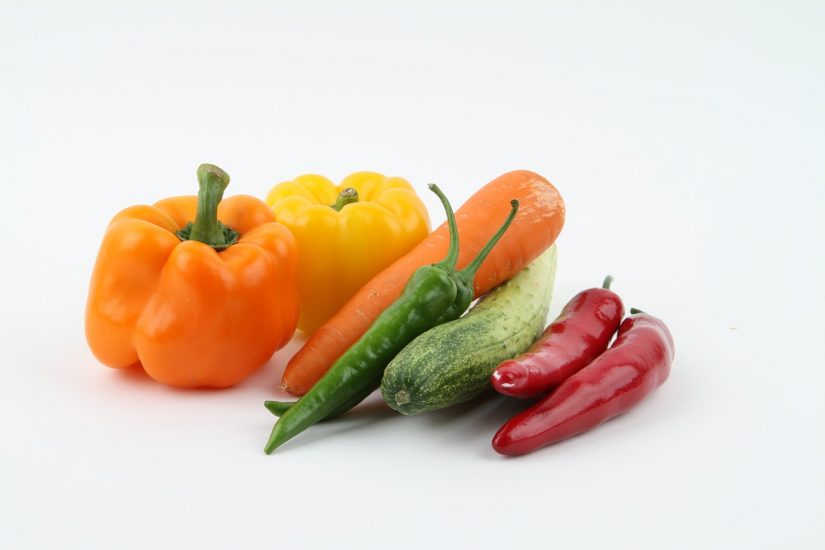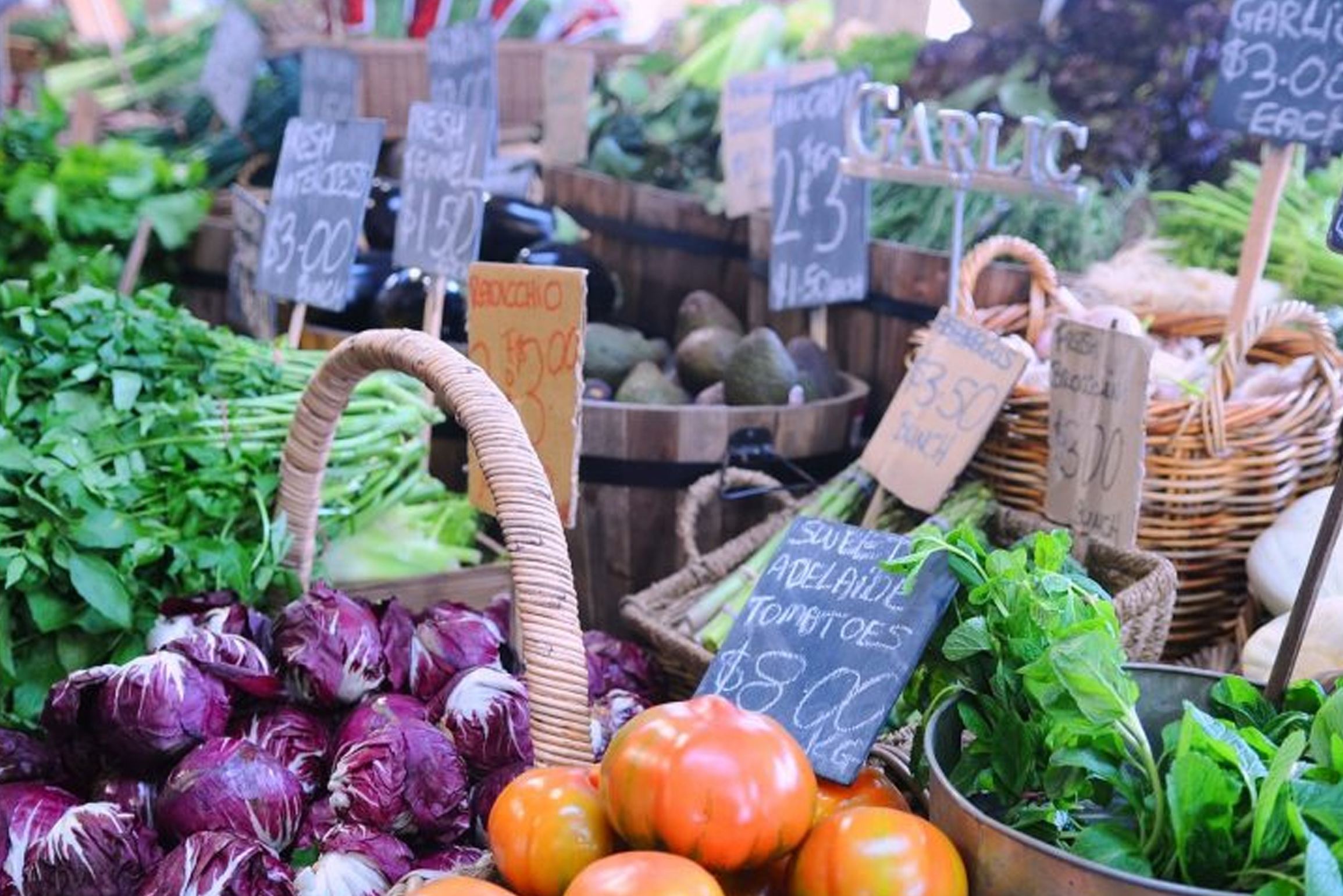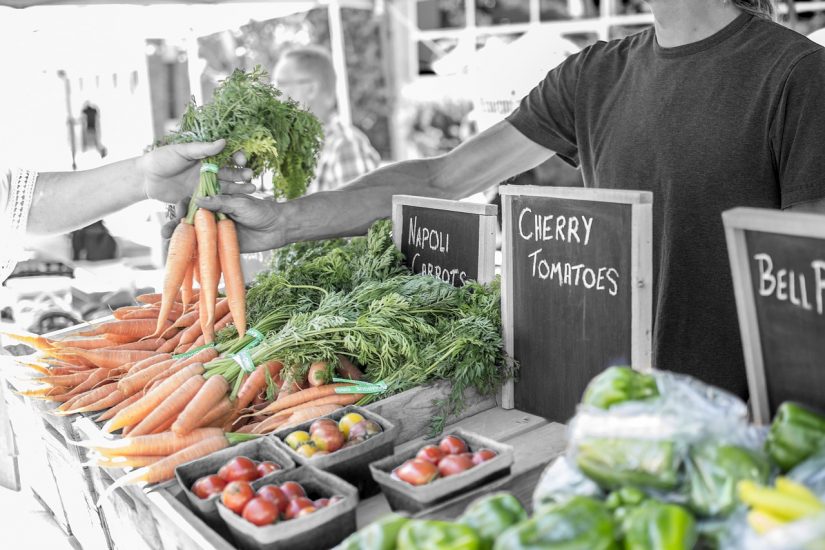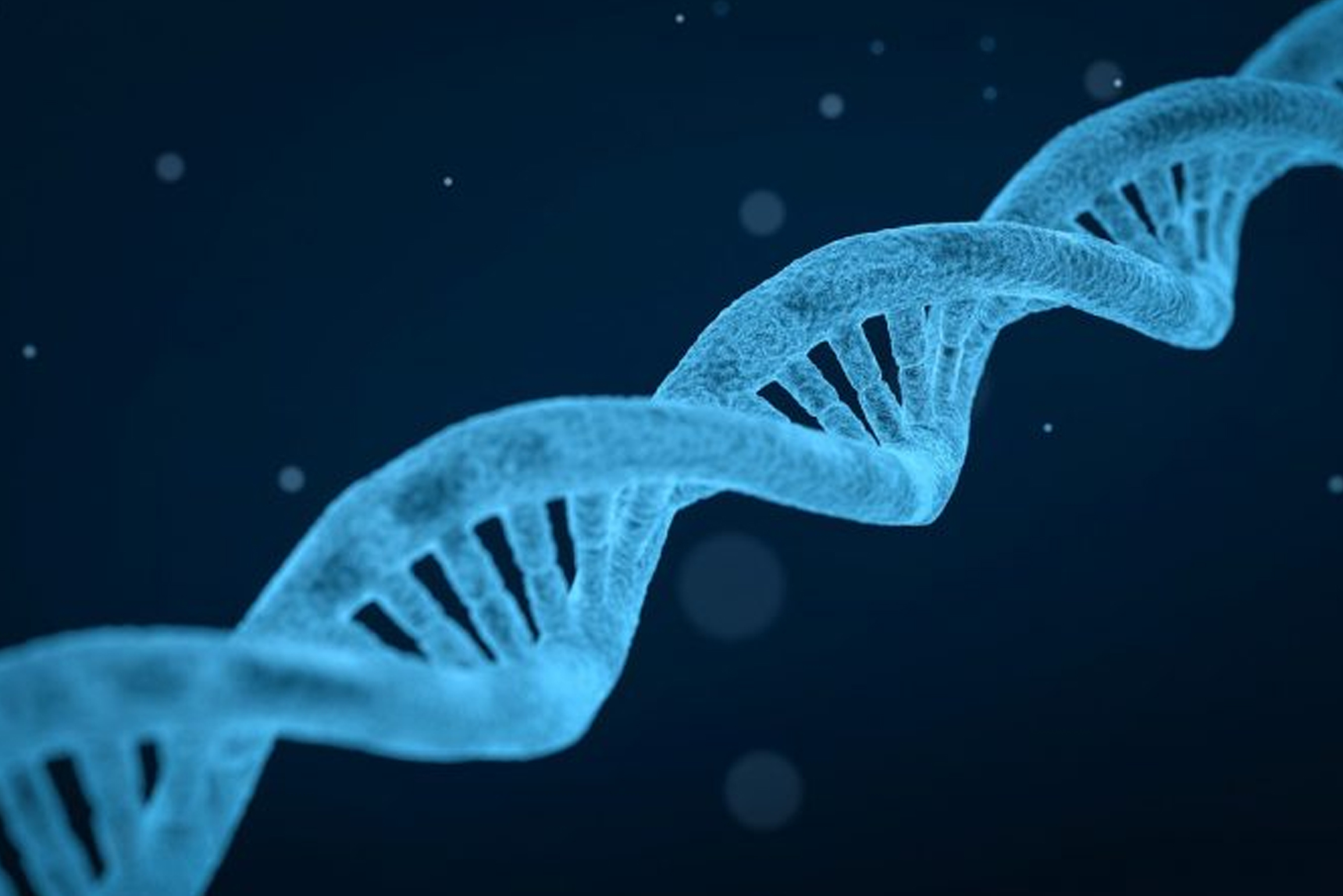Standards and Certification for Organic Products
We may have seen so many different types of organic logos on the products especially food and agricultural produce in the supermarket but have we ever wondered why there are several of them, and what the distinct implication between each of them is?
Organic, from the generic definition, growing or grown at its natural pace, has evolved over time into a specific meaning: produced or involving production with no use of artificial chemicals in the growing of plants and animals for food and other products (Cambridge English Dictionary). Organic labels indicate that the food, or other agricultural product, has been produced through approved methods and certified by Organic Association, which may have varied minor criteria in each country, but share the same major specific requirements.
Organic Standards and Regulations
How can we define the organic properties of the product and what are the important and significant criteria and requirements for the assessment of organic standards and regulations? Organic standards are sets of requirements that describe what practices can be considered organic. Typically, organic standards address various aspects of organic production, namely:
- general farm production requirements and conversion periods
- crop production requirements and requirements for the collection of wild products
- animal production requirements (including bee-keeping)
- processing and handling requirements
- social justice requirements
- labeling requirements
On a global level, IFOAM – The International Federation of Organic Agriculture Movements, founded in 1972 and represents close to 1000 Affiliates in more than 130 countries, is the only international umbrella organization for the organic world, uniting a diverse range of stakeholders contributing to the organic vision. TheIFOAM Standards Requirements, also called Common Objectives and Requirements of Organic Standards (COROS), were developed as a joint venture of the IFOAM Organic Guarantee System (OGS) and the GOMA Project (Global Organic Market Access) undertaken by FAO, IFOAM, and UNCTAD. The IFOAM Family of Standards is the centerpiece of the IFOAM – Organics International OGS. It contains all standards and technical regulations that have been approved by IFOAM – Organics International as equivalent to the Common Objectives and Requirements of Organic Standards (COROS) – IFOAM Standards Requirements. The Family of Standards is hence the tool that draws the line between organic and non-organic standards. All standards and government regulations approved in the IFOAM Family of Standards are recognized by IFOAM-Organics International as true organic standards, and hence can be used for certification connected to other OGS components.
Common Objectives and Requirements of Organic Standards (COROS)
The COROS articulates the broad objectives which the production rules in organic standards and regulations commonly seek to achieve, and presents the common detailed requirements that relate to these various objectives. The COROS contains only requirements that were commonly found in organic standards and regulations globally. The COROS includes production requirements related to general organic management, crop and animal production, beekeeping, processing and handling, and social justice. Here below are sections and requirements in the COROS with a summarized explanation.
- Organic Ecosystems – Organic management maintains or enhances biodiversity in crop and non-crop habitats on the farm holding, and ensure that water resources are used sustainably, and those wild collection areas are not compromised by improper treatment or environmental pollution
- Genetically Modified Organisms and Nanotechnology – Organic management systems do not use genetically modified organisms (GMO) or their derivatives in all stages of organic production and processing.
- General Requirements for Plant Production and Animal Husbandry– Organic management takes precautionary measures to avoid contamination (commonly this includes barriers/buffers in production, cleaning of farm equipment, separation and cleaning in processing) and require that animal production systems raise animals organically from birth or hatching, or when this is not possible from early ages subject to a minimum transition/conversion requirement
- Crop Production- Organic crop production uses organic seed and planting materials and only allow the use of non-chemically treated seeds and planting materials including soils, fertilizers, and pesticides, etc.

- Animal Husbandry–Organic animal management strictly limits the use of non-organic feed, hormones, and antibiotics, and must provide comfortable and safe living conditions with freedom of movement to animals
- Processing and Handling – Organic processing management identifies and minimizes risks of product contamination and ensures that packaging and storage/transportation containers do not contaminate the organic product they contain
- Social Justice – Organic operations do not violate human rights and they provide fair working conditions for employees and contracted workers
- Labeling – Labeling fully discloses ingredients, including whether or not they are organic, and claims that processed products are “organic” are made only if the product contains at least 95% organic ingredients (by weight excluding water and salt)
Organic Certification and Accreditation
Organic accreditation authorizes state, foreign or private organizations to certify farms or processing facilities. Certifying agents are accredited by the IFOAM and are responsible for making sure all organic products meet all organic standards. Organic certification is a certification process for producers of organic food and other organic agricultural products. In general, any business directly involved in food production can be certified, including seed suppliers, farmers, food processors, retailers, and restaurants. For organic producers, certification identifies suppliers of products approved for use in certified operations. For consumers, “certified organic” serves as a product assurance of natural, uncontaminated and chemical-free production and the whole process including harvest, transportation, and storage.
A product can be labeled “organic” when it has followed and conformed to the specific rules for organic production in compliance with the regulatory standards as set down and recognized by the international community. To achieve this, all operators must undertake to be inspected by accredited members in accordance with the Organic Association standards.






